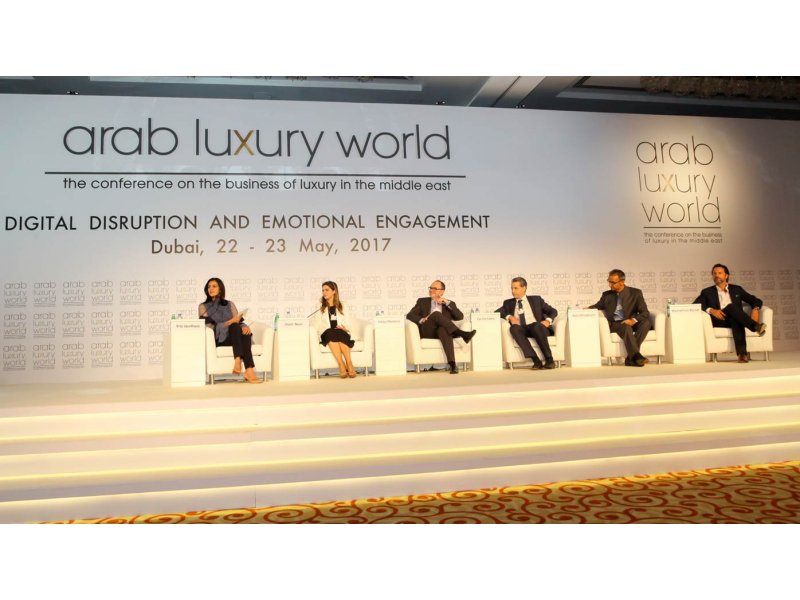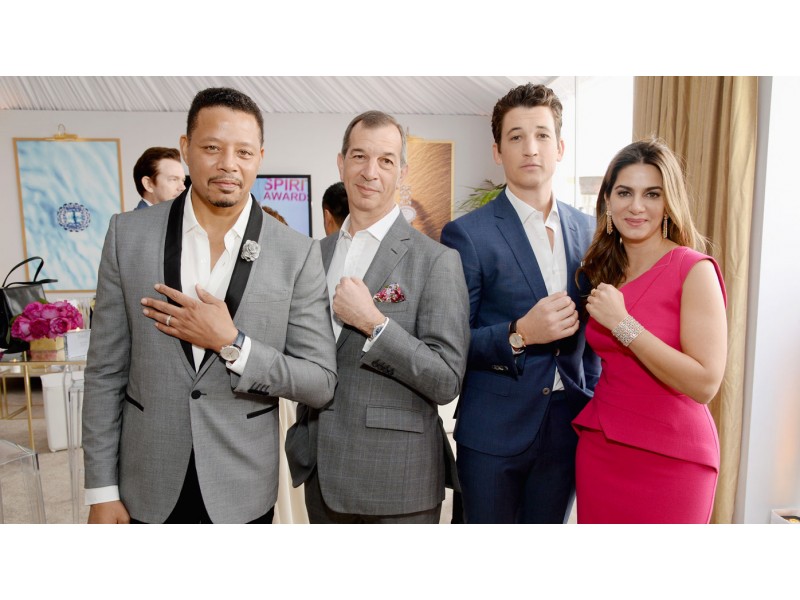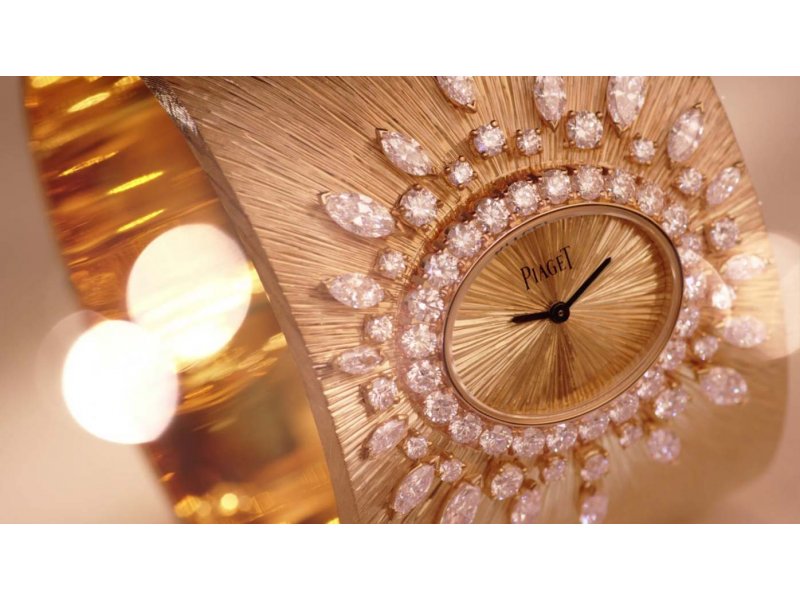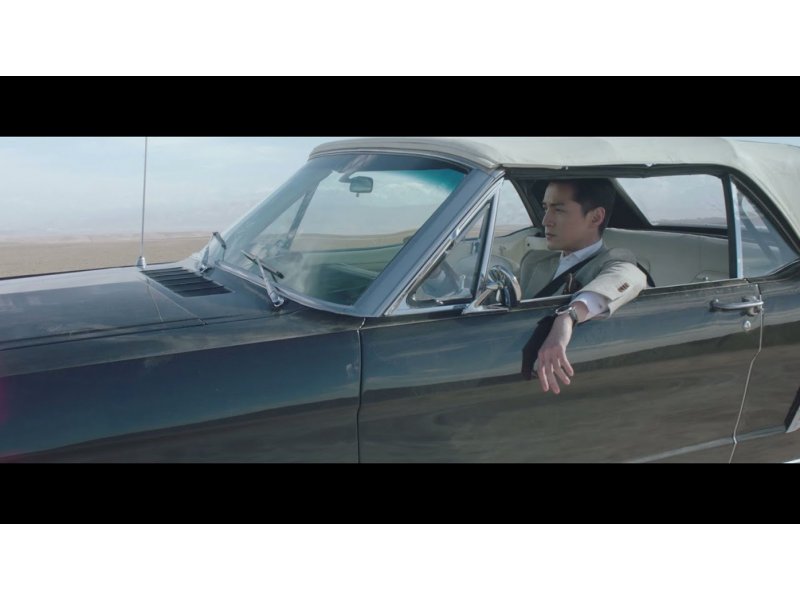
Jean-Claude Biver, president of the LVMH watch division, and Chabi Nouri, newly-appointed chief executive of Piaget, presented keynotes addresses on the theme of this fourth edition, namely “Digital Disruption and Emotional Engagement.” Panel speakers featured Maximilian Büsser, founder of MB&F, Alexander Schmiedt, Vacheron Constantin’s brand director for the Middle East, and Luc Rochereau, regional brand director for IWC Schaffhausen.
Organized by Mediaquest Group, a leading publishing house in the Middle East, the two-day conference explored topics which Julien Hawari, co-chief executive of MediaquestCorp., described as central to the profound changes brought on by the Fourth Industrial Revolution –linked to the Internet and to digital innovation – impacting the luxury industry at large.
“Regional economies are changing, government is retrenching from business, competition is increasing, and a new class of consumer is emerging with different expectations,” said Mr. Hawari in his opening remarks, setting the stage for speakers that included global executives and regional experts from industries ranging from tourism, hospitality, retail to design.

Jean-Claude Biver © Mediaquest
Countdown to 2030
An energetic, svelte and casually dressed Mr. Biver, introduced as a “father figure for the watch industry,” opened the conference, quickly charming his audience with an address titled “Digital disruption and the art of Swiss watchmaking.” Mr. Biver began by reminding the audience that he was “a hippy” in what he called “my heart, my head, and in my generosity,” even if, he said, his current hairline did not support that contention. More on topic, he reiterated his long-held belief that “only dead fish swim with the tide.”
“The 21st century will begin in 2030 when the kids born in this century will start to shape their own future,” Mr. Biver added. “Then, there will be revolutions, and whoever is not ready will be punished and will disappear. We have 13 years to prepare.”
How can we foresee what is to come? “You need to look closely at the behavior of 14-year-olds today to understand why they are buying second-hand Adidas from the 60s? Why they are buying Supreme?,” he said. “When you have the answer to those questions, you will begin to have a clue as to what is to come.” Having executives at the top who believe in disruption, and the ability to sell “experiences and emotions” rather than watches are, according to Mr. Biver, “key” in a luxury brand’s strategy today.
As for connected watches, market research is showing that both 2015 and 2016 have been “revolutionary years for smartwatches in the UAE,” with these products like the Samsung Gear and the Apple watch being well received by local consumers, according to the research firm, Euromonitor International. Last year, UAE consumer electronics markets generated sales revenue – including of smartwatches – of $3.23 billion, a figure expected to rise steadily to $3.28 billion in 2017 and $3.48 billion in 2018, according to the same source.
“Connected watches become obsolete to the point that you have to throw them away,” Mr. Biver said. “Technology is not a threat to the art of watchmaking, unless you are in that segment of the watch industry where you are not making art, then you have competition.” Last April, Apple reinforced its presence in the region by opening its third store in the Dubai Mall, in addition to its existing locations in the Mall of the Emirates and the Yas Mall in Abu Dhabi.
Data and digital platforms
In her keynote address, Ms. Nouri, in turn, focused on the ways in which Piaget has used various digital platforms to reach potential clients. “At Piaget, we use reverse mentoring,” Ms. Nouri said. “We have people in the company that are much younger, typical millennials, who give us information. We listen to them to get the feel of the underground.”

Chabi Nouri © Mediaquest
Piaget, like others in the luxury industry, has been forced to adopt changes driven by technology which are also helping the company to reinvent itself.
“Digitalization is the buzz word, but what is the best way to transform our Maison digitally?” Ms. Nouri asked. “There is no simple answer. If a brand is not resonating with them, millennials will not wait, they are not that loyal,” she said.
A wealth of data collected from digital market research has enabled Piaget to select the most suitable platform among the likes of Facebook, Twitter, YouTube, Snapchat, Instagram, and other media, to reach out to a desired audience, depending on the appeal of a particular social medium in different markets. “WeChat with 800 million users is the most performing ecosystem we have today,” Ms. Nouri said. “It enabled us once in a single day to record 10 million video views, add 4,000 followers, and have 5.5 million clicks by viewers who wanted to engage further.”
Prices on the rise
“The main issue with luxury today is price,” said Mr. Büsser, a Dubai-resident since 2014.
Prices for the luxury goods are higher in the UAE than in many other markets, including Europe, in part due to prohibitive rents in the high-end malls where luxury watch brands are present. Additionally, the introduction of VAT at a rate of 5 percent starting next January is likely to exacerbate the problem. Given the strength of the Swiss franc, costlier Swiss watches are likely to eat away at retailer profitability here, while well-informed customers with online access to global pricing information may shun local markets.
Importance of the UAE market
In 2016, Switzerland exported 923.6 million Swiss francs in watches to the UAE, one reason the watch market remains a significant component of the luxury landscape here.
Next November, the third edition of Dubai Watch Week will shine the spotlight on craftsmanship and innovation in the watch industry. The event, organized by Ahmed Seddiqi & Sons, a family-owned watch and jewelry retailer, in partnership with the Fondation de la Haute Horlogerie, has been particularly successful in engaging with regional influencers who are widely seen as providing a fertile “testing ground” for the watch industry at large.
“The trendsetters and early adopters are all here in the Gulf region,” Ms. Nouri said in her final remarks. “That is why we love to test novelties here and try out our limited editions, to see if they will work elsewhere. This region is very reactive.”



